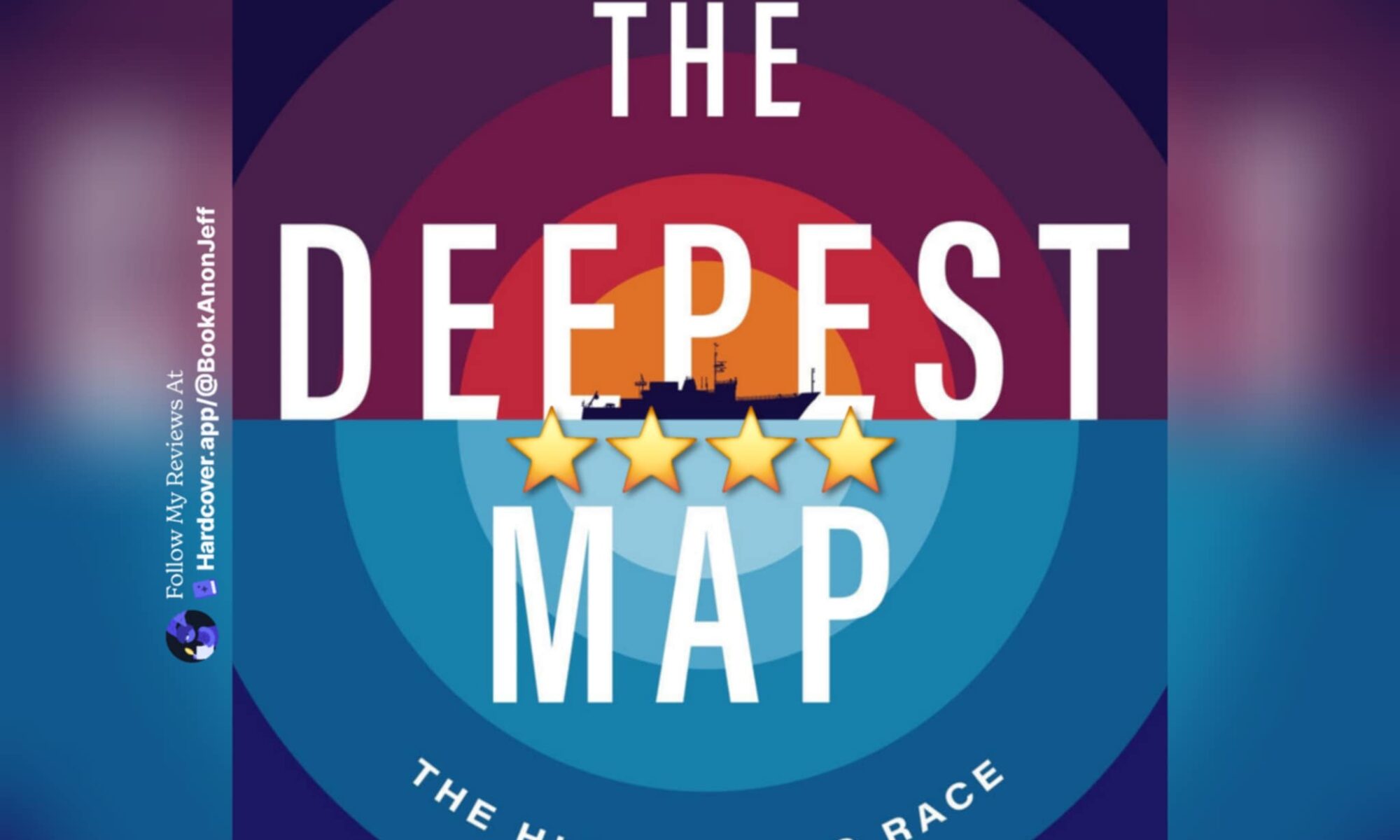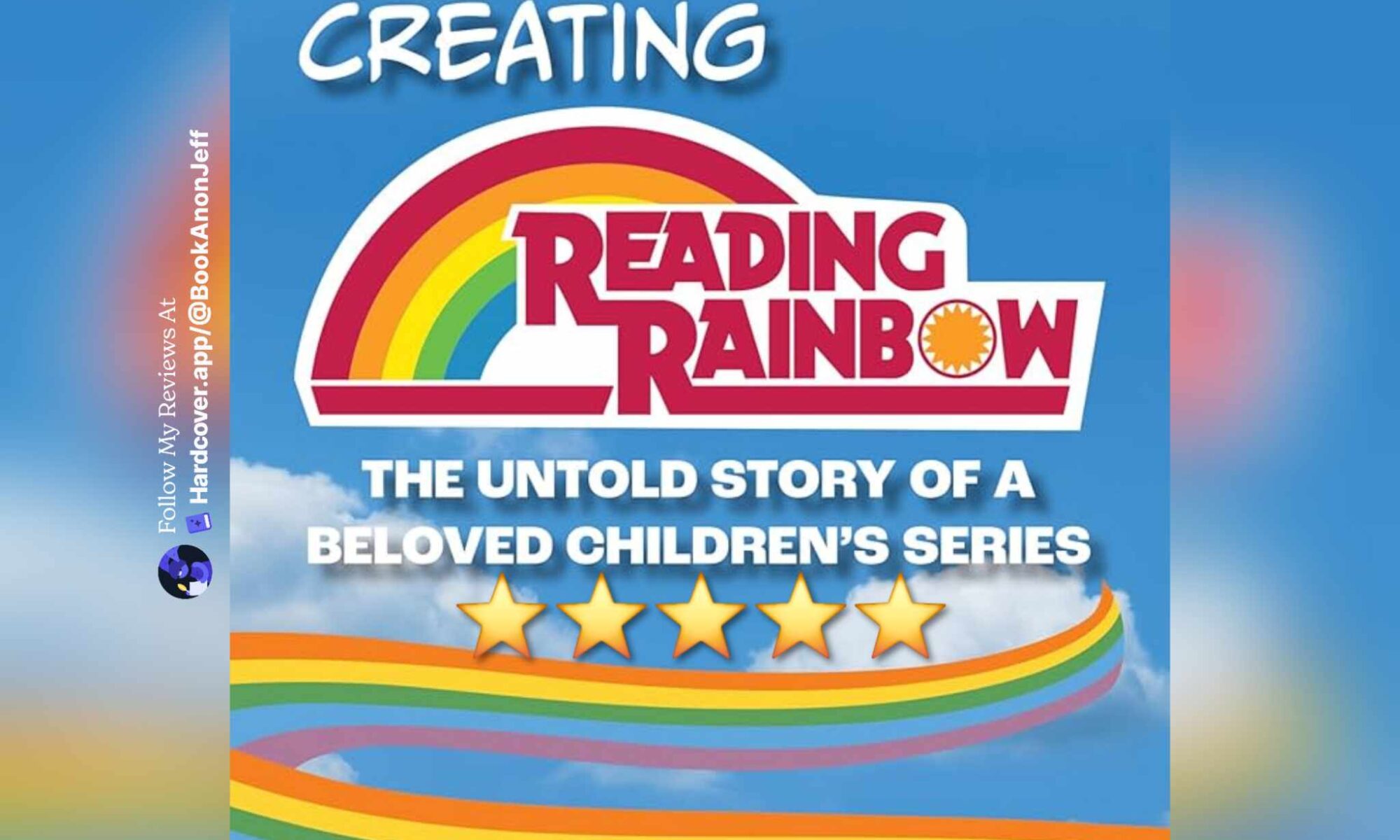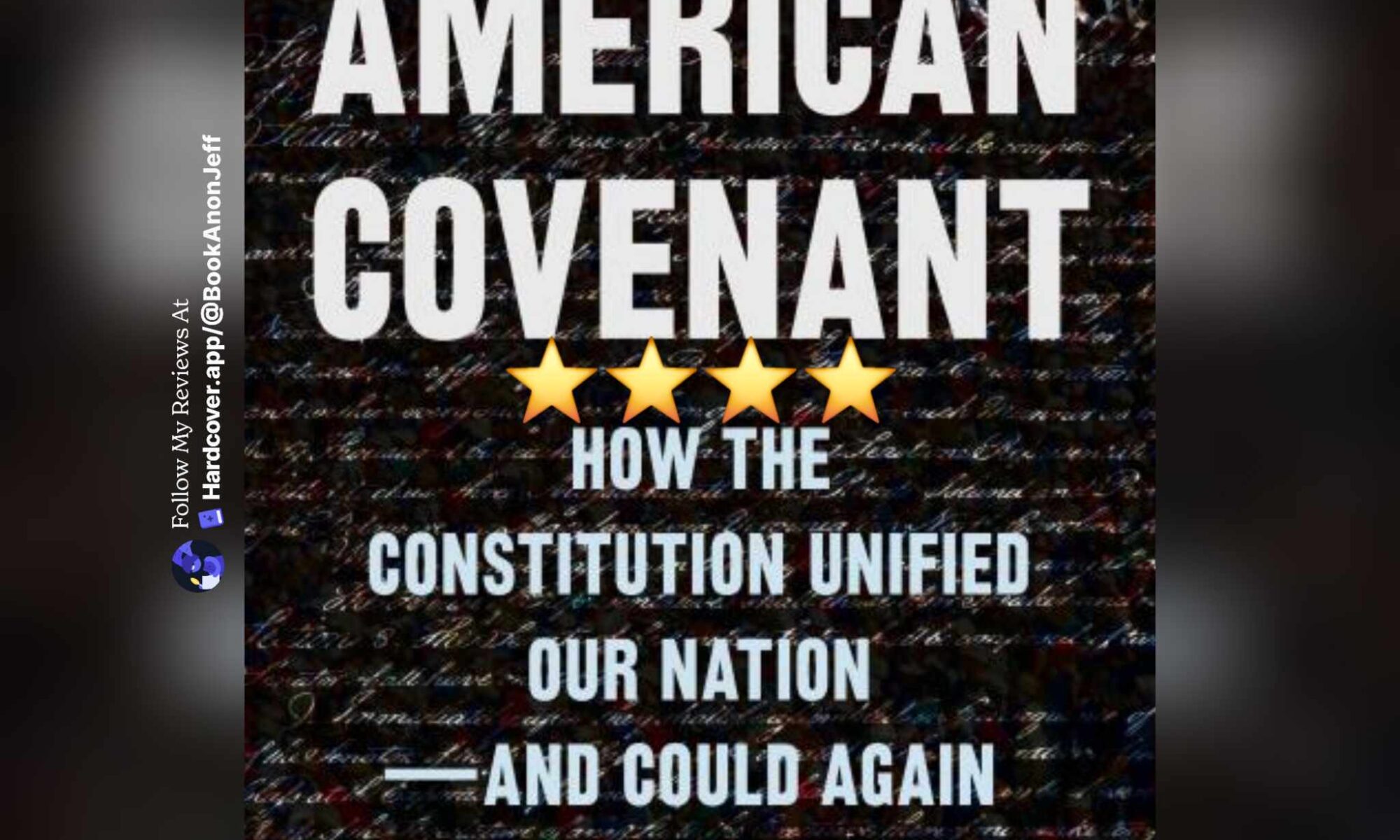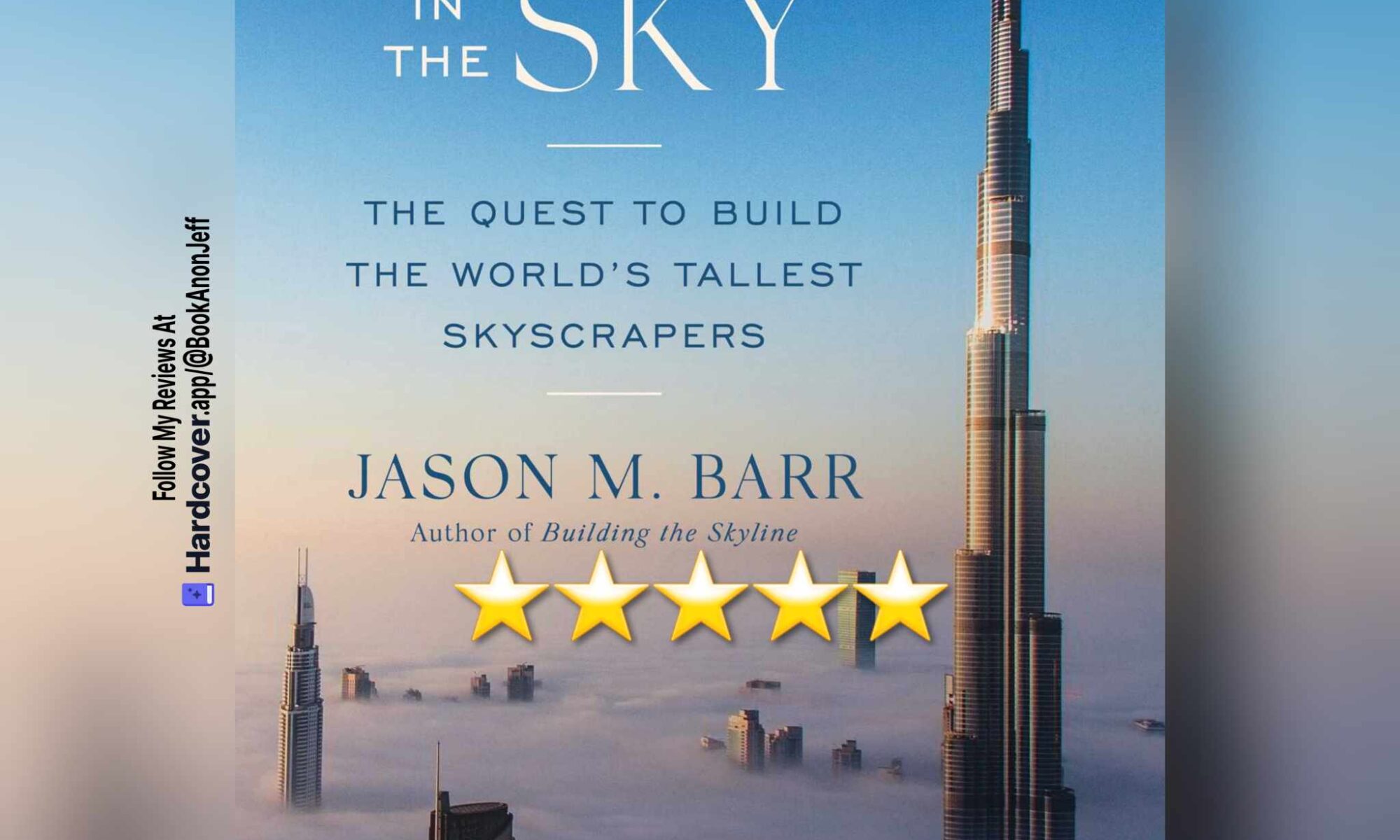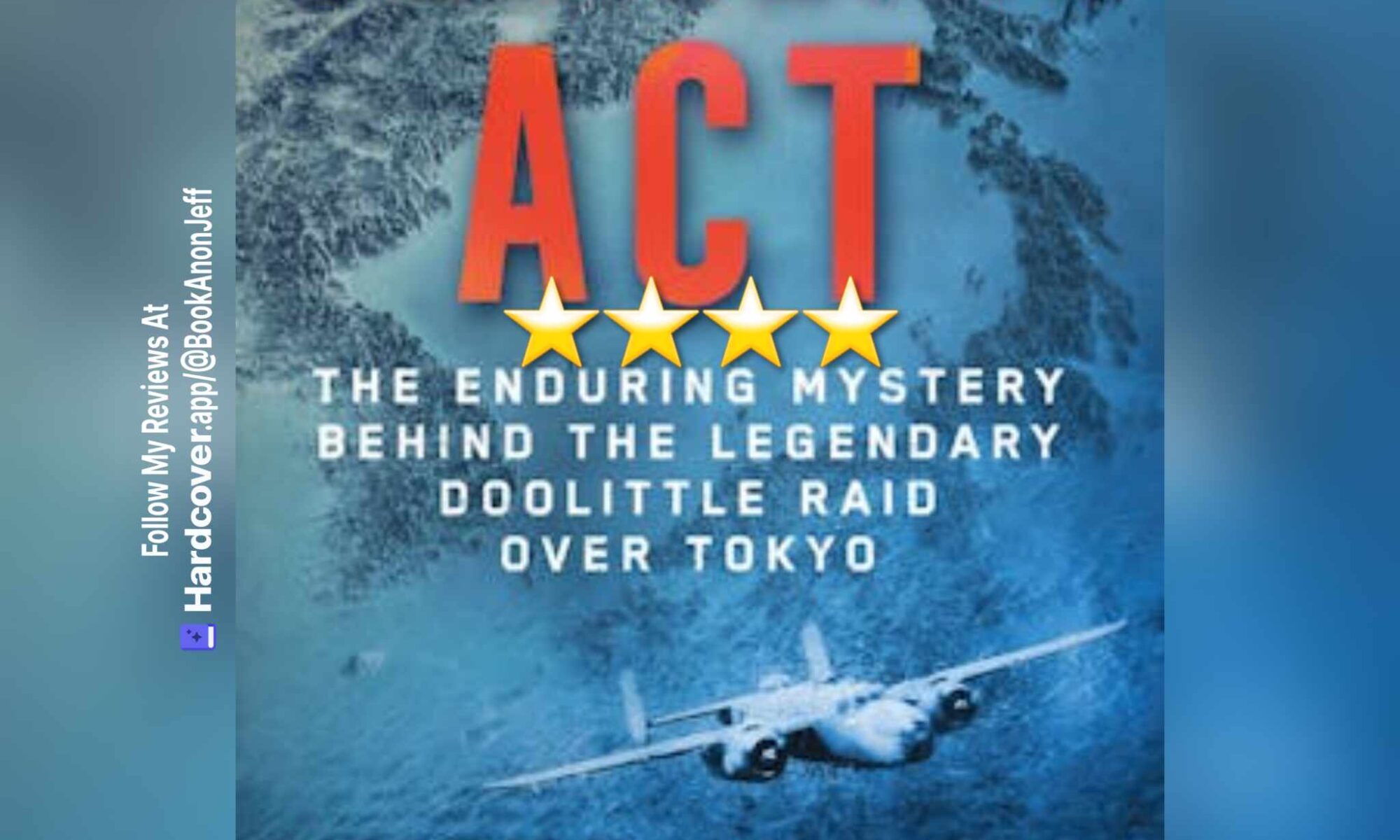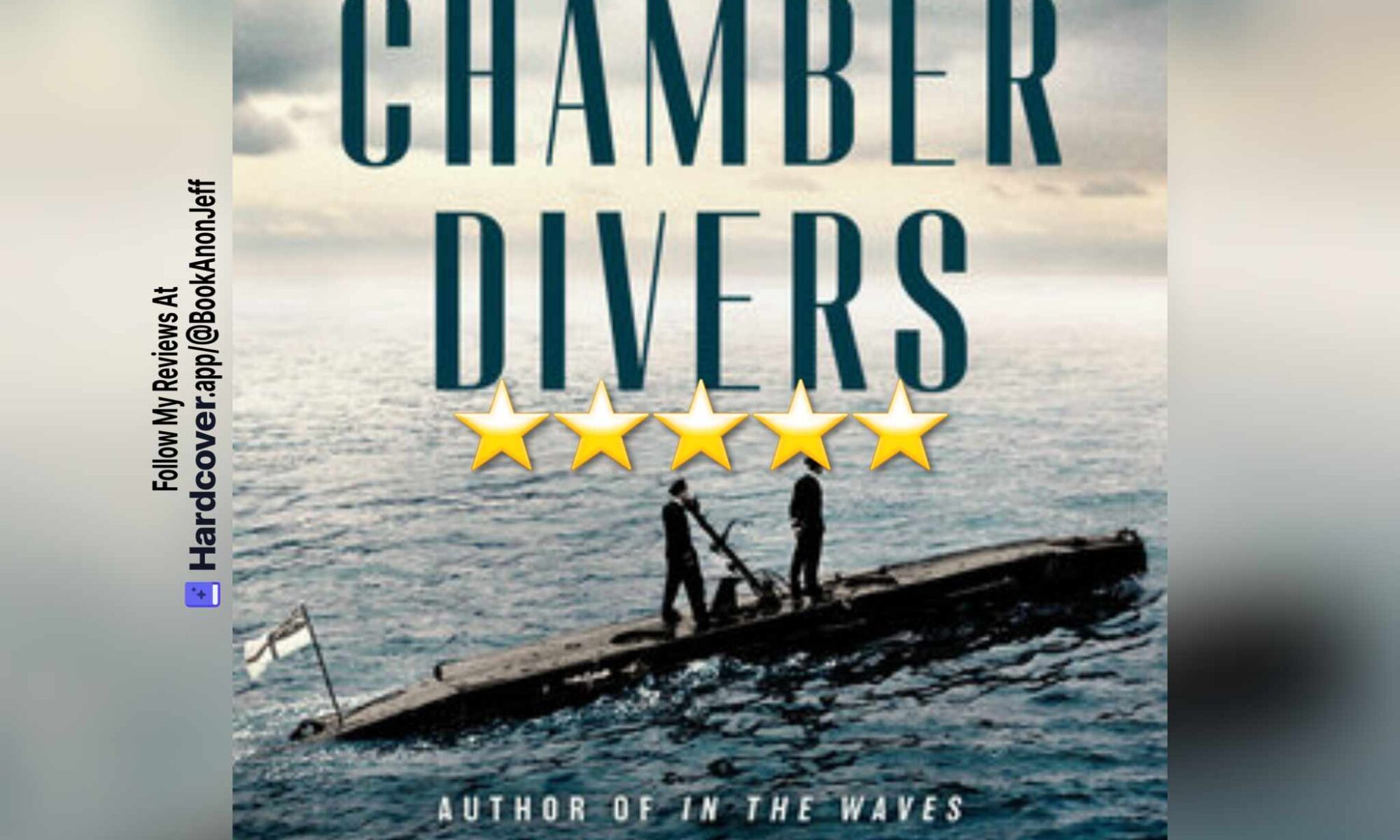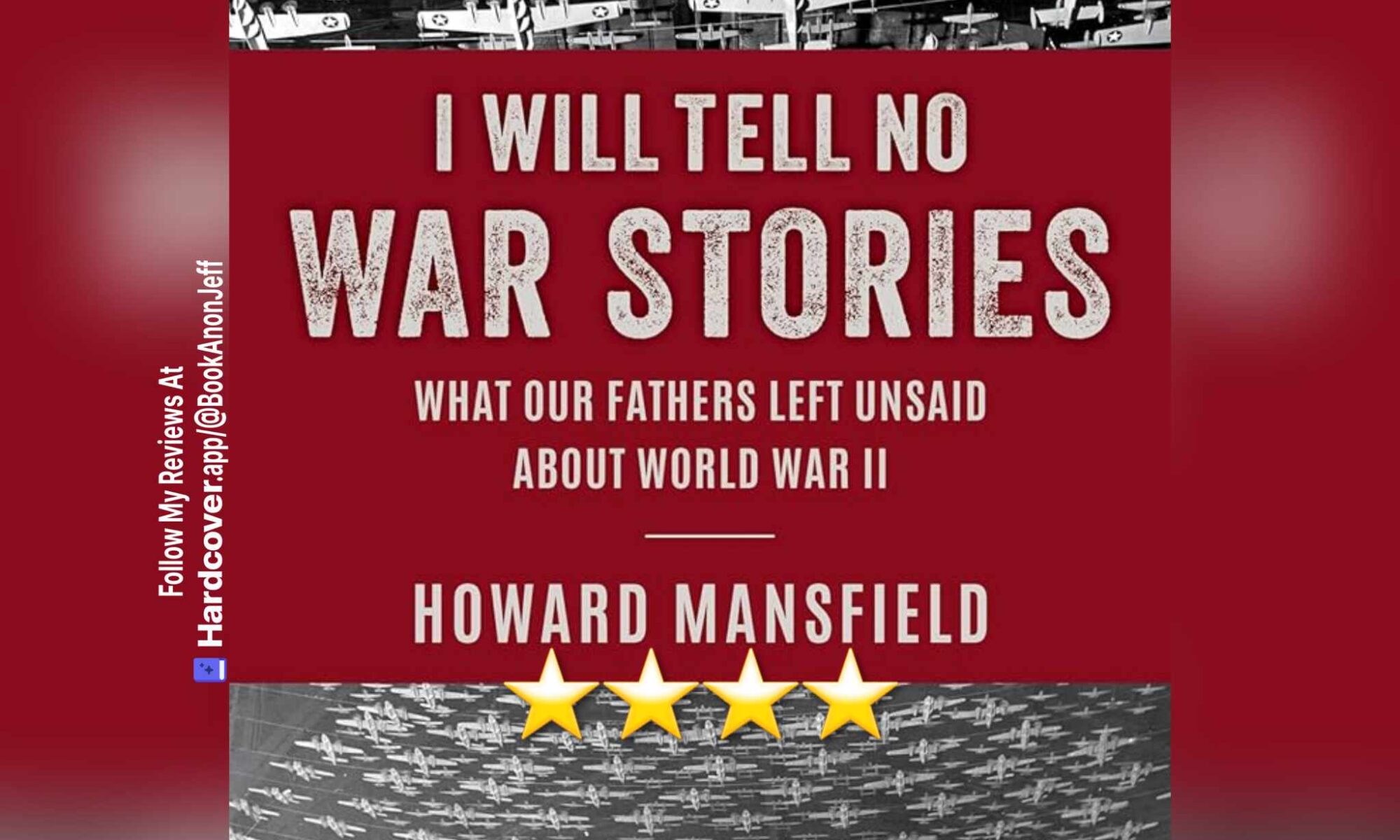Interesting History That Doesn’t Really Fulfill Its Premise. As a general history of the titular “Decade of Disunion”, this is actually a reasonably well written and documented look at the overall political situation in the US in the decade (and then some) just before the onset of the American Civil War, including solid biographical overviews of several of the key players- both the actual key players and the ones Merry chooses to try to focus on, namely those from South Carolina and Massachusetts.
But that is actually where the book fails to really drive home its purported premise, that these leaders from these two States in particular played particularly important/ oversized roles in the events of the decade, in the events that lead to war. There really is just *so much* that happened in that decade that lead to disunion, and so much of it happened outside the States of South Carolina and Massachusetts – and even outside the District of Columbia – that it really was quite a stretch to claim that *any* two States could have played outsized roles in all of it, though in picking States that did in fact lead in the opposing ideals, Merry perhaps at least came closer than other potential selections.
Truly an excellent primer on the decade, with 18% of the text being bilbiography and thus a solid set of documentation/ further reading, this book even includes several examples of what made that particular decade so turbulent throughout the nation – including both the caning of a sitting Congressman *inside Capitol Hill* and the resultant comment from a Congressman – also quoted in James A. Morone’s 2020 book Republic Of Wrath – that if a Congressman didn’t have two pistols on his person *on Capitol Hill*, it was because he had a pistol and a knife.
I read this book in the days before the assassination attempt on former President Donald Trump, and I’m writing this review on the day this book releases, less than 48 hours after President Biden’s announcement that he would not seek a second term – and while President Biden hasn’t been seen in public in days now, somehow the Director of the US Secret Service still has her job. In other words, quite turbulent times indeed in this country.
But as Merry points out early, often, and frequently throughout this text – as turbulent as these times are, there have indeed been much, much worse. So pick up this book – and the aforementioned Morone text – and learn a degree of historical perspective that is desperately needed in these times.
Very much recommended.
This review of Decade of Disunion by Robert W. Merry was originally written on July 23, 2024.


